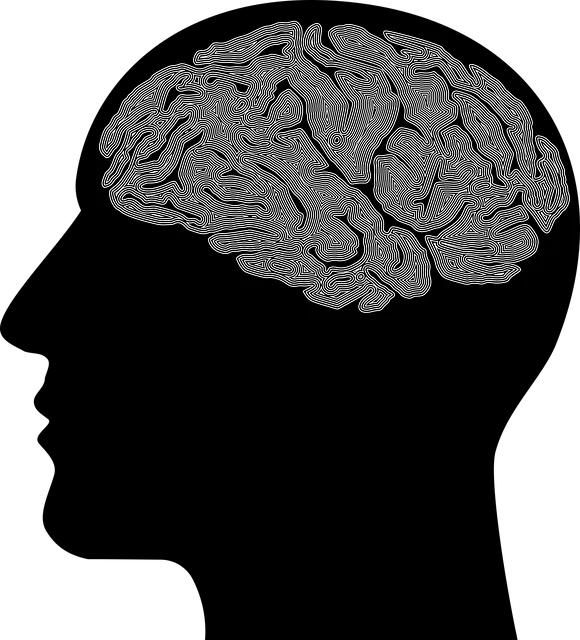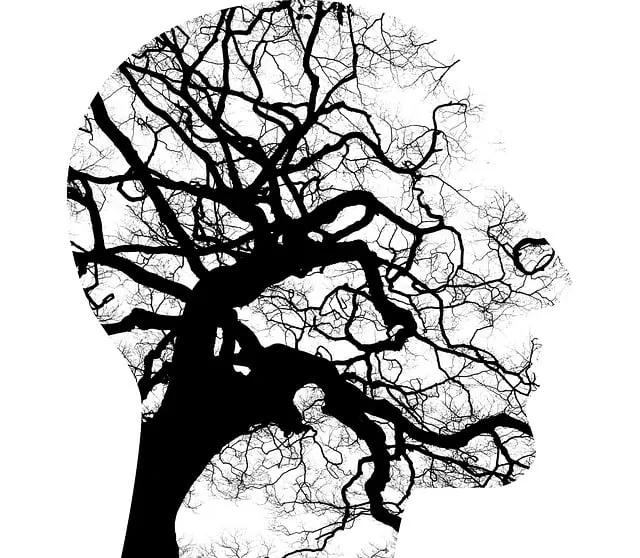The Broomfield Kaiser Permanente (BKP) Mental Health Department prioritizes cultural competency training to enhance patient care for its diverse community. Through self-awareness exercises, podcasts, and crisis guidance, BKP empowers staff to address biases, cultivate empathy, and offer tailored mental health support. Their innovative training programs emphasize emotional regulation, cultural understanding, and sensitive communication, integrating interactive workshops and discussions to navigate complex interpersonal dynamics. This comprehensive approach improves mental health outcomes by fostering a culturally competent environment that respects every patient's unique background and beliefs.
Cultural competency training is an essential pillar in modern healthcare, ensuring providers understand and appreciate the diverse cultural backgrounds of their patients. This article explores this critical aspect of patient care, focusing on its impact and practical implementation. We present a case study of the Broomfield Kaiser Permanente Mental Health Department, which has seen remarkable results after introducing comprehensive cultural competency training. Additionally, we offer best practices to help healthcare organizations create meaningful, effective training programs.
- Understanding Cultural Competency in Healthcare: Why It Matters for Patients and Providers
- Broomfield Kaiser Permanente Mental Health Department: A Case Study on Training Implementation
- Best Practices for Effective Cultural Competency Training in Healthcare Settings
Understanding Cultural Competency in Healthcare: Why It Matters for Patients and Providers

Cultural competency is a vital aspect of healthcare that goes beyond treating symptoms; it’s about understanding and respecting patients’ diverse backgrounds, beliefs, and values, especially in a multicultural society like Broomfield, Colorado, where Kaiser Permanente mental health services cater to a broad community. This approach ensures that every individual receives care tailored to their unique cultural needs, fostering trust and improving patient outcomes.
For healthcare providers at the Broomfield Kaiser Permanente mental health department, integrating self-awareness exercises, engaging in the Mental Wellness Podcast Series Production, and accessing Crisis Intervention Guidance can significantly enhance cultural competency. These initiatives promote understanding of unconscious biases, encourage empathy, and equip professionals with tools to navigate complex cultural interactions effectively. By embracing these practices, healthcare providers can deliver more personalized and compassionate care, ultimately improving patient satisfaction and mental health outcomes for all individuals they serve.
Broomfield Kaiser Permanente Mental Health Department: A Case Study on Training Implementation

The Broomfield Kaiser Permanente Mental Health Department has been at the forefront of implementing innovative cultural competency training programs, highlighting its commitment to mental health awareness and improved patient care. This case study explores their unique approach, focusing on how they’ve integrated empathy-building strategies into their training curriculum. By fostering a deep understanding of diverse cultural backgrounds and promoting emotional regulation, the department aims to bridge gaps in communication and care, ensuring every patient receives personalized support.
Through interactive workshops and collaborative discussions, the team at Broomfield Kaiser Permanente equips its staff with the tools to navigate complex interpersonal dynamics. This training goes beyond surface-level understanding, delving into the nuances of various cultural expressions of distress, coping mechanisms, and help-seeking behaviors. As a result, healthcare providers gain invaluable insights, enabling them to respond with enhanced sensitivity and cultural appropriateness, ultimately improving mental health outcomes for a diverse patient population.
Best Practices for Effective Cultural Competency Training in Healthcare Settings

Effective cultural competency training in healthcare settings involves a multi-faceted approach tailored to the unique needs of Broomfield Kaiser Permanente’s mental health department and its diverse patient population. Firstly, Healthcare Provider Cultural Competency Training should be interactive and immersive, incorporating role-playing scenarios, case studies, and group discussions to facilitate understanding of various cultural perspectives. This allows providers to navigate complex interactions with empathy and nuance.
Additionally, training programs should promote positive thinking and emotional healing processes by teaching mindfulness techniques, bias recognition exercises, and culturally sensitive communication strategies. By fostering an environment that values diversity and encourages open dialogue, Broomfield Kaiser Permanente can ensure its mental health department staff are equipped to offer holistic care that respects and honors the diverse backgrounds and beliefs of every patient they serve.
Cultural competency training is a transformative tool, as evidenced by the successful implementation at the Broomfield Kaiser Permanente Mental Health Department, serving over 10,000 patients. This case study highlights the importance of such programs in healthcare settings, where providers must navigate diverse cultural landscapes to deliver quality care. By adopting best practices from this and other initiatives, healthcare organizations can foster more inclusive environments, improve patient outcomes, and ultimately revolutionize mental health services for all communities.






